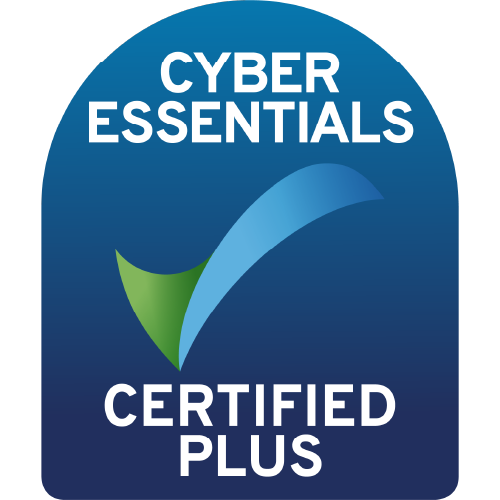Projects Engineer
Due to our growing customer base and the constantly evolving nature of the IT industry we require a Projects Engineer to support new and existing customer projects. You will be the primary point of contact for complex customer projects, while being hands on with migrations and deployment of hardware, software and cloud services.
We welcome all new candidates, but please no agencies. Thank you.
Location: Rotherham, South Yorkshire / Wallingford, Oxfordshire
About us
DuoCall supports many businesses of all sizes across a range of sectors including hospitality, healthcare, retail, manufacturing and everything in between. Our aim is to be pro-active and form a partnership with our customers to continuously add value in order for them to succeed and focus on their business.
Technologies you will be exposed to…
- SonicWall firewall
- Ubiquiti Unifi and EdgeMAX switching and routing
- Meraki firewall and wireless
- Windows server (2008-2019) [90%] and Linux (Ubuntu/CentOS) [10%]
- Microsoft 365
- Microsoft Azure
- Nagios monitoring
Key responsibilities
- Customer project management
- Provide guidance and advise to internal sales team and customers
- Deployment of Microsoft 365 Exchange and SharePoint, as well as other tools
- Deliver training to internal sales teams and customers
- Continually research, design and implement best practices across internal and managed customer environments
- Configuration and maintenance of internal and customer firewalls, as well as other networked equipment
- Maintenance and support of datacentre and cloud systems for internal and customer usage
Required skills
- Microsoft 365
- Networks – Routing, switching and wireless deployment, ideally in a managed services setting
- Stateful firewall configuration and network access control policy
- Site-to-site and point-to-site VPNs
- WAN and LAN technologies (eg PPP, Static, DHCP)
- Network protocols (DNS, SMTP, HTTP etc.)
Preferred knowledge and/or experience
- APIs, scripting and automation
- Windows desktop and windows server
- SQL databases
- Azure or other cloud technology
- Virtualization technologies (HyperV and VMware)
- SDN technologies (eg Unifi or Meraki)
- Physical network technologies – ethernet, fibre, patching, racking etc.


